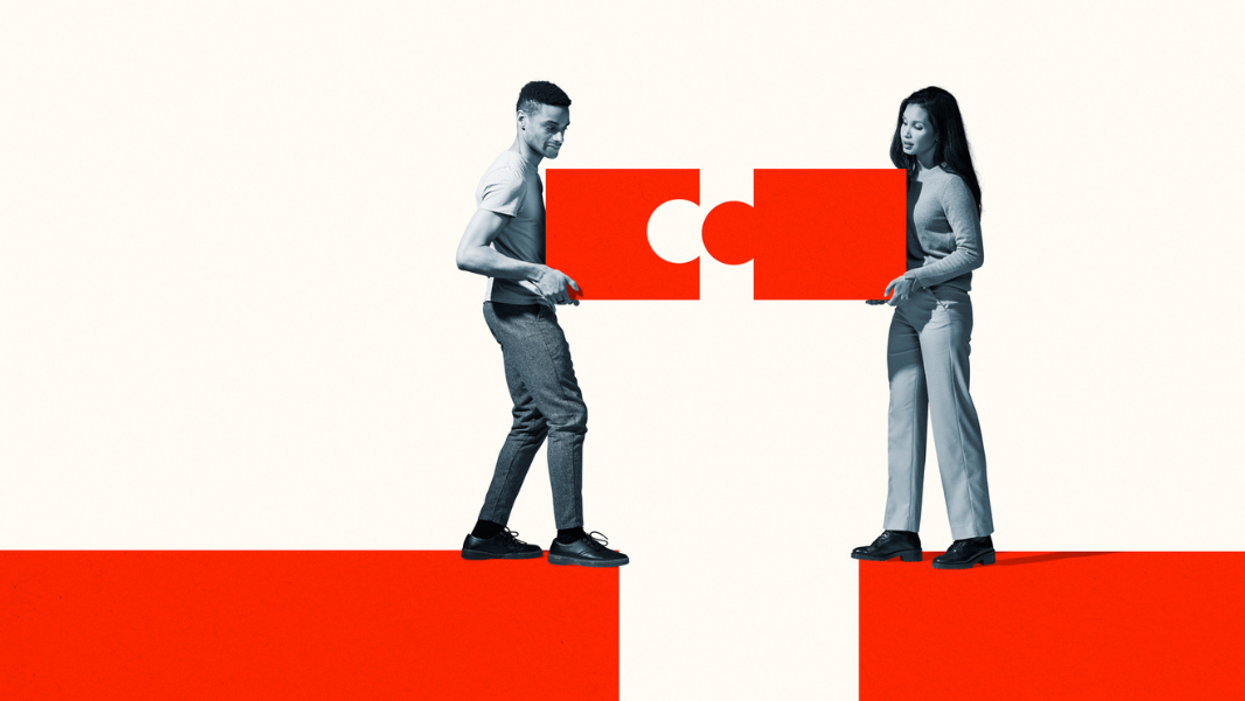Debilyn Molineaux serves as the catalyst for the American Future project to help everyday Americans discover and believe in a future that will be "worth it" to work together for the sake of our nation.
My new weekly column, American Future, will report on the desired future of everyday Americans as I interview a few people each week from across the nation. The four week journey begins on November 9, 2023. Zoom interviews will be ongoing.
For a few years now, I’ve been wondering about the future of our nation. With alarm, I have experienced friends and family look at the same situation and come away with vastly different interpretations. As I flip through cable news channels or scroll through social media feeds, it’s like we are sharing the planet and only taking in dystopian possibilities. Are we heading towards fascism or socialism? Are we heading towards chaos or order? Will our elected officials ever work together again? (No, says the media.)
At the same time our divisions have (seemingly) deepened, I have witnessed an exponential increase in the number of people concerned about and working on our nation’s future. The Bridge Alliance was formed in 2015 with 30 organizational members and grew to 110 in 2022. A new project called Healthy Democracy Ecosystem has cataloged organizations working on democracy across the nation and identified over 6,000. In other words, Americans are already at work to correct or heal what ails the nation.
As I see levels of despair, resignation and tuning out amongst my friends and family, I also see amazing people doing extraordinary work. How then, can my friends and family, or any everyday American, get connected? And why would they want to? That is what the American Future project is all about. Helping people connect to what they want for their own future and consider steps they can take personally and in their community to make it happen. This is my thesis about how we co-create a better future for all of us.
First of course, we, the everyday people, need to know what we want, and what future will be “worth it” to work for it.
As I prepare to meet you and other everyday Americans, I’ve been conducting practice interviews. I’ve created and ordered some information cards to “leave behind.” I’ve set up an online interview tool. The AmericanFuture.us website is constantly being updated. I’m writing nearly every day.
Where I feel unready for this adventure is in how I will tell your stories. Should each person have their own story? Should I do composites? What form will it take - written, video, audio? How would videos and audio stories get produced? Who can help? What is the right balance of fixed locations yet allowing time for spontaneous and synchronistic meetings? How will I ask people to spend 30-45 minutes with me? Will there be too much background noise to record? And of course, how will this project be supported, financially?
I share these open questions with you, for the sake of transparency about my own insecurities. I’m as scared to take this journey as I am excited to meet you. Preparing for the journey is as daunting as the journey itself. I think you are worth it.
Let’s roll.




















Marco Rubio is the only adult left in the room